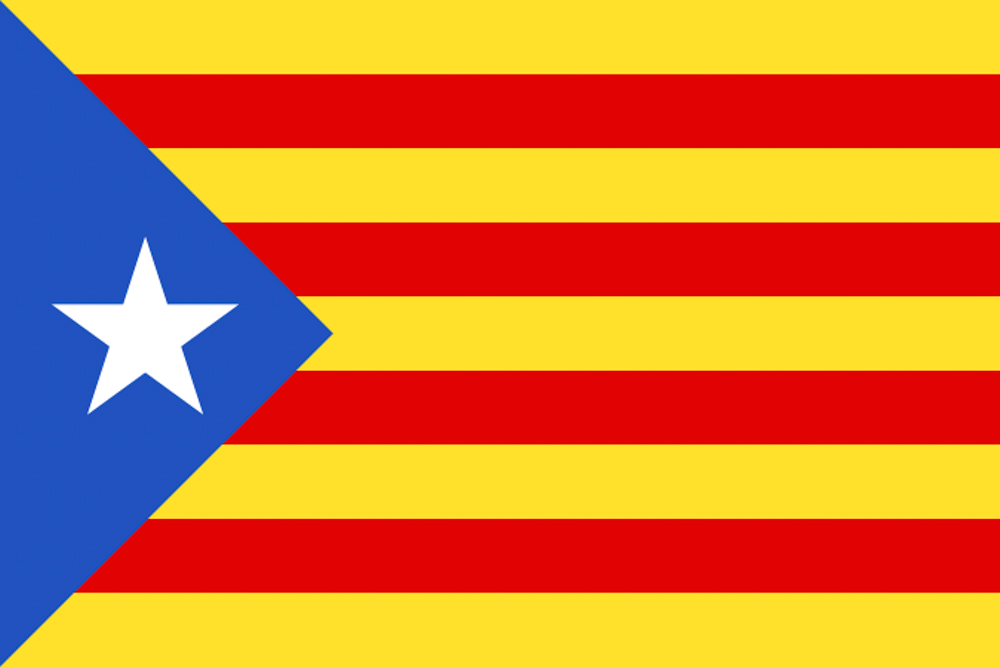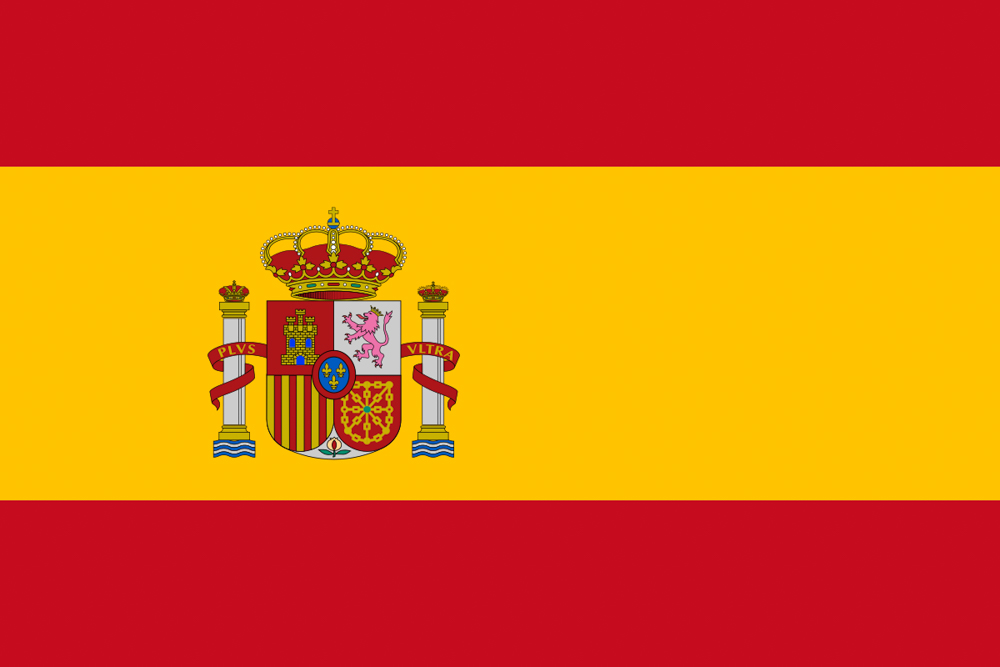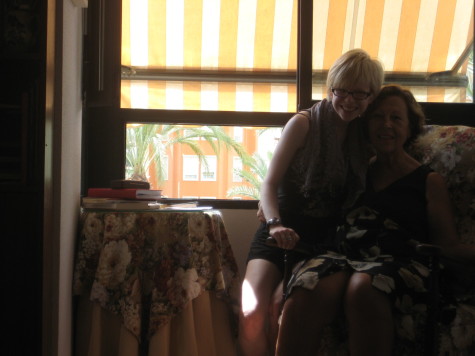Acuña Addresses Catalan Independence
October 10, 2017

Álvaro Santana Acuña, Sociology professor at Whitman college, is a historian and sociologist from Spain. He recently wrote an opinion piece for Spain’s most circulated newspaper El País that compares the similarities between the political polarization and type of language being used today on social media with what happened before Spain’s brutal Civil War in 1936. Adam Rooney, staff reporter at the Wire, talked with Acuña about his op-ed and the current political climate in Spain.
At the time of this interview (October 9, 2017), the Catalan government was on the brink of announcing a declaration independence from Spain. On October 10, 2017, the president of Catalonia, Carles Puigdemont, announced that the declaration would be suspended for several weeks in order to de-escalate the situation and allow for dialogue with the Spanish government in Madrid.
[Adam Rooney] Q: What are your views on the idea of Catalonia secession?
[Álvaro Santana Acuña] A: I am neither for or against the idea of secession. My views are actually very different from most people in Spain. As a country, Spain is becoming extremely polarized right now. You have those who are all in favor of maintaining the union of Spain—these are basically the Spanish nationalists, they consider this referendum that is going on in Catalonia as a coup d’état, as a violation of the constitution, an illegal referendum, and that Spain should remain together, united; they believe that Spain can’t be split into different nations. The other position that is the one that Catalan separatists embrace. They have the perspective that Catalonia has a long history of frustration and anger towards Castile [the Spanish government in Madrid] and this is their chance to really become independent. There is no consensus about Catalan secession among the people in the province, but they did elect the Catalan parliament which passed the law to allow the referendum. The problem is that they do not have all the legal aspects solid, but they have a point. For me, the ideas I am trying to find with this op-ed that I wrote is a middle ground which is the following: Spain is becoming so polarized that you either have to be for unity or for Catalan independence that we are actually kind-of falling back into the Manichean language that lead to the Civil War in 1936. Before the war, Spanish society became extremely divided into two camps, and this division lead people to start killing each other. The point that I am making is that if you look at what’s going on in social media you see a digital civil war is taking place. You might not see it in the streets, but certain people are becoming extremely aggressive on social media when it comes to what we should do about Catalonia and Spain. Tomorrow the Catalan Government is expected to declare independence unilaterally… The world is watching what’s going to happen tomorrow.

Q: What might it look like when the Catalonian government does declare independence from Spain?
A: That’s anybody’s guess, what might happen tomorrow. Whether the president [of Catalonia] is going to declare independence no matter what or actually if he would ask for international mediation and dialogue. Nobody knows; I do not know. That’s why tomorrow it could be like doomsday for Spain. This is my personal take: the Basques haven’t really said anything so far about this, but if the Basque authorities decide to join Catalonia it could be really bad for Spain as a nation.
Q: How do you think Mariano Rajoy [the current president of Spain] might react to whatever Catalonia decides to declare?
A: If the Catalan government formally secedes from Spain, he could put tanks in the streets, or he would just try to detain the political leaders. That would bring us back to the Spain of the 1930s when the conservative government was trying to repress the expressions of self-determination of nationalities in Spain. Let me go back to my initial point. Nation states are social and historical products. Their boundaries are flexible and change over time. I am not saying that Spain should be Spain forever. If Catalonia exits from Spain legally and following the rules, if there is dialogue and out of that dialogue the outcome is that Catalonia becomes an independent nation, that’s fine with me. The problem is that the two parts are actually breaking the laws: President Rajoy with the use of police force against citizens of Spain, coming from a party that is already involved in multiple corruption scandals, and, on the other hand, Puigdemont [the president of Catalonia] and his supporters are also breaking Spain’s current constitution. No one is innocent in this. This is what basically put Spain in a similar situation in the 1930s. Both major parties at a national level were at each other’s throats basically breaking the law one day after another. That’s why for me the situation is quite serious. In a way, the language people are using on social media today reminds me of the language people were using in the 1930’s.









